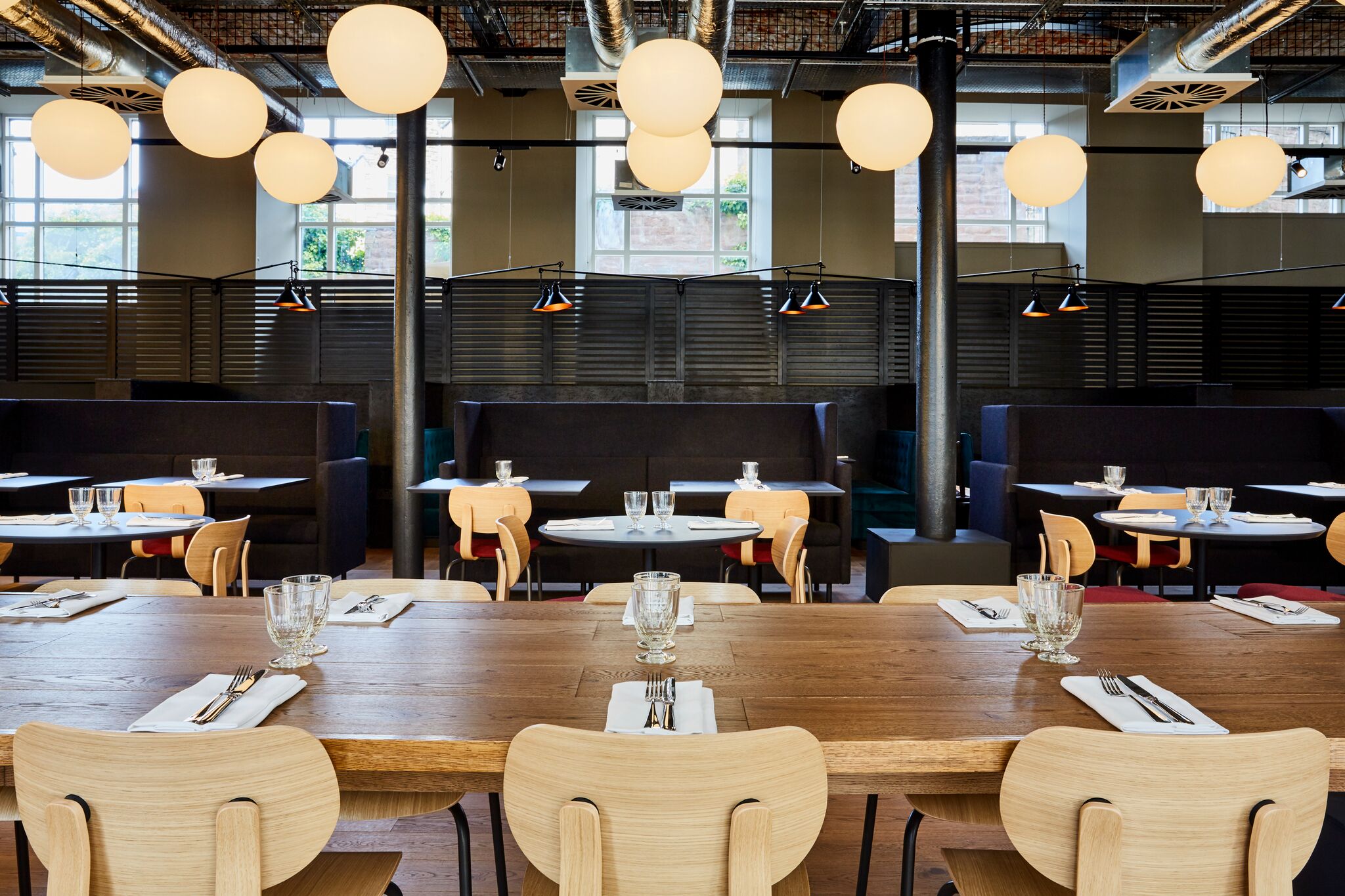
More than a quarter of hospitality businesses in Scotland could collapse because the coronavirus downturn is as severe as the 2008 economic crash, a new report warns.
Academics from Edinburgh University’s Business School looked at financial statements of 5,000 tourism and hospitality companies, which collectively employed 209,000 people in 2019.
Collaborating with the London-based credit risk company Wiserfunding, they found 28% of those companies would default under a “mild stress” scenario equivalent to the 2008 crash.
This would cost around 58,280 jobs, according to their analysis.
Under a more severe scenario, which assumes a second lockdown, 43% of the businesses would default with the loss of 89,870 jobs.
Dr Galina Andreeva, senior lecturer in management science, said: “We hope that the results of our study will be useful to governments and business managers to decide where to focus support during the next phase.
“Our estimates should provide an idea of the required intervention in order to assist the industry through these difficult times.
“Our results confirm that the current government efforts to support the sector are going in the right direction.
“However, we would recommend support tailored to company size to maximise impact.
“Firms that show the highest level of adaptability should be rewarded and offered additional support to overcome the crisis, in order to increase the chances of success in the deployment of public funds.
“The withdrawal of current borrowing schemes should be carefully planned in order not to create additional shocks to companies with high debt levels.”
The study found smaller companies were less likely to default as they were more adaptable than larger ones.
Dr Andreeva added: “Small businesses have a leaner structure, lower fixed costs and faster decision times.
“These elements will play a major role in the coming months and hopefully provide them with a competitive advantage.”

Enjoy the convenience of having The Sunday Post delivered as a digital ePaper straight to your smartphone, tablet or computer.
Subscribe for only £5.49 a month and enjoy all the benefits of the printed paper as a digital replica.
Subscribe